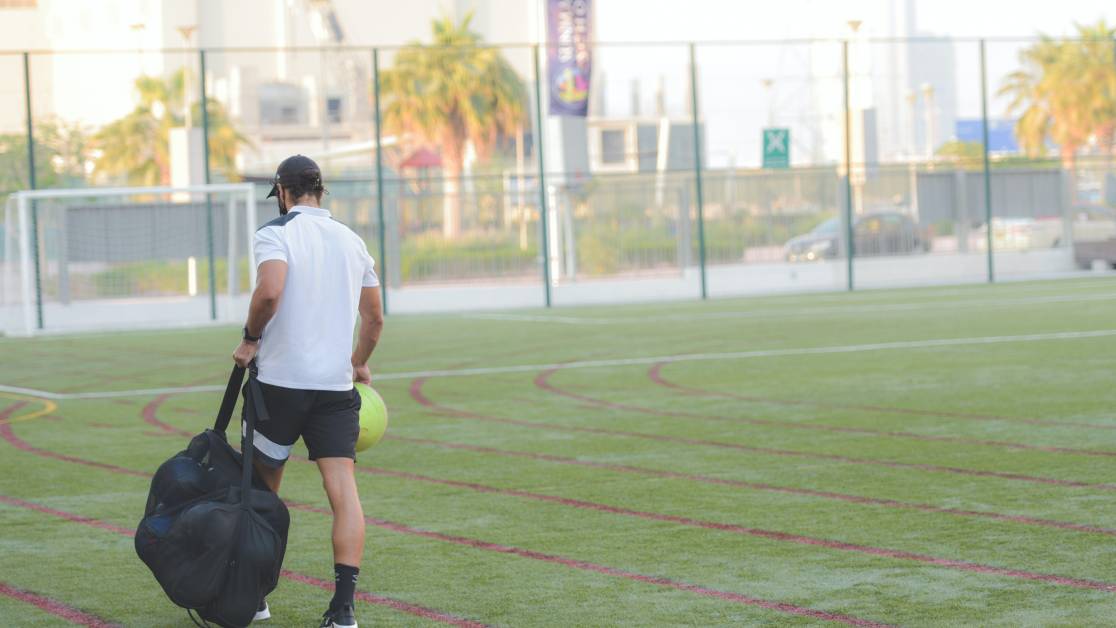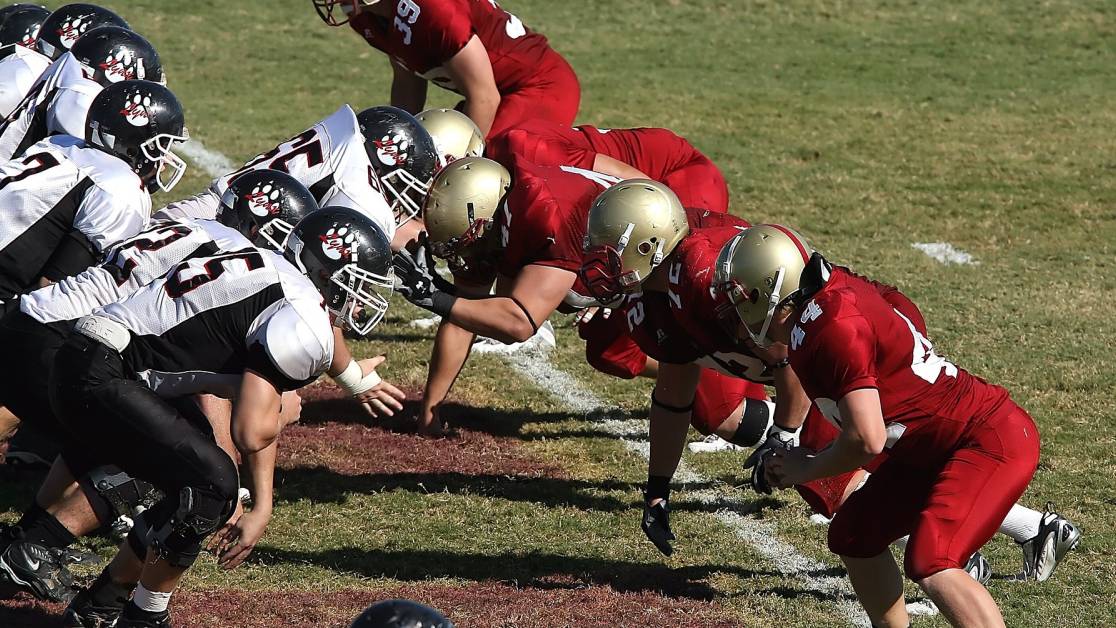Building a high-performance sports team

The importance of coaches understanding each other's roles
In the world of sport, every member of a team plays an essential role. From striker to defender, goalkeeper and even substitutes, each position has its responsibilities and contributes to collective success. For a coach, understanding and respecting these roles is essential to building a coherent, high-performance team. Here’s why.
Trust and team cohesion
When players know that their coach understands and values their role, mutual trust is reinforced. A coach who knows the specifics of each position can better allocate tasks, highlight each player’s strengths and create an adapted strategy. This recognition strengthens team cohesion and each member’s sense of belonging.
Performance optimization
A coach who is well-informed about specific roles can maximize individual and team performance. For example, a creative midfielder will have different responsibilities to a central defender. By understanding these nuances, the coach can adapt practices and match instructions to get the best out of each player, while ensuring that everyone works together harmoniously.
Conflict management and motivation
Understanding roles also helps to manage potential conflicts and maintain motivation. When a player feels misunderstood or under-utilized, this can lead to tension. A coach who is aware of everyone’s expectations and responsibilities can communicate better, resolve misunderstandings and adjust roles if necessary. What’s more, by recognizing and rewarding each player’s contributions, the coach maintains a high level of motivation and commitment.
Adaptability and flexibility
Sport is unpredictable, and match situations can require rapid adjustments. A coach who understands the roles can react more effectively to changes, such as an injury or an opponent’s tactics. This adaptability is crucial to maintaining the team’s competitiveness under varied conditions.
Skills development
Finally, understanding roles is essential for skill development. A coach who knows what skills are needed for each position can guide players towards specific training and personal development goals. This not only promotes player growth, but also the overall evolution of the team.
Creating a harmonious team
For a coach, understanding the role of each player goes far beyond simply knowing the positions. It’s the key to building a strong, cohesive and successful team. By recognizing and valuing individual contributions, optimizing performance and fostering an environment of trust and respect, the coach creates the ideal conditions for collective success. In short, mastering roles is an essential strategic asset for any coach wishing to lead his or her team to victory.
Promoting communication and team cohesion
Communication and team cohesion are key to the success of any sports team. By fostering an environment where communication flows smoothly and players feel connected to each other, you can strengthen team spirit and improve overall performance. Here are some strategies for improving communication and cohesion within your team.
Organizing open communication sessions
Open communication is essential to building a close-knit team. It’s important to create an environment where every member feels comfortable sharing ideas, concerns and suggestions. Hold regular open communication sessions where players can discuss freely and ask questions. Use effective communication tools, such as weekly team meetings or messaging platforms, to keep communication flowing.
Setting up team building activities
Team building activities are crucial to strengthening the bonds between team members. Plan activities outside the usual training sessions, such as outings, confidence-building games or team challenges. These activities enable players to get to know each other better, develop mutual trust and work together to achieve common goals. Collaboration and problem-solving workshops can also be very beneficial.
Promoting listening and mutual respect
Active listening and mutual respect are the cornerstones of effective communication. Encourage players to listen carefully to their teammates and respect their opinions and feelings. Create opportunities for everyone to express themselves and be heard. Acknowledging and appreciating each other’s contributions also reinforces mutual respect within the team.
Encouraging transparency and openness
Transparent and open communication builds trust within the team. Share team goals and expectations openly, as well as performance and progress. Address conflicts constructively and encourage players to be honest and open in their interactions.
Nurturing unity for performance
By fostering team cohesion while respecting and valuing individual skills, coaches can maximize collective performance and create an environment of trust and mutual respect.
Remember that a team’s success depends as much on the quality of its relationships and team spirit as on its technical skills. By investing in these aspects, you’ll lay the foundations for a strong, united team ready to excel together. A close-knit team not only performs better, it also creates an environment where each player can develop to the full.
Karl Demers

On the same subject
As we all know, parent-coach relationships can be quite complicated. Parents are often very emotionally involved in their child's sport. This […]
MonClubSportif offers many advantages to coaches and sports organizations in their team management.
As a coach, you've probably already had to deal with conflicts between your players. Resolving these disputes is no picnic, but it's essential […]


